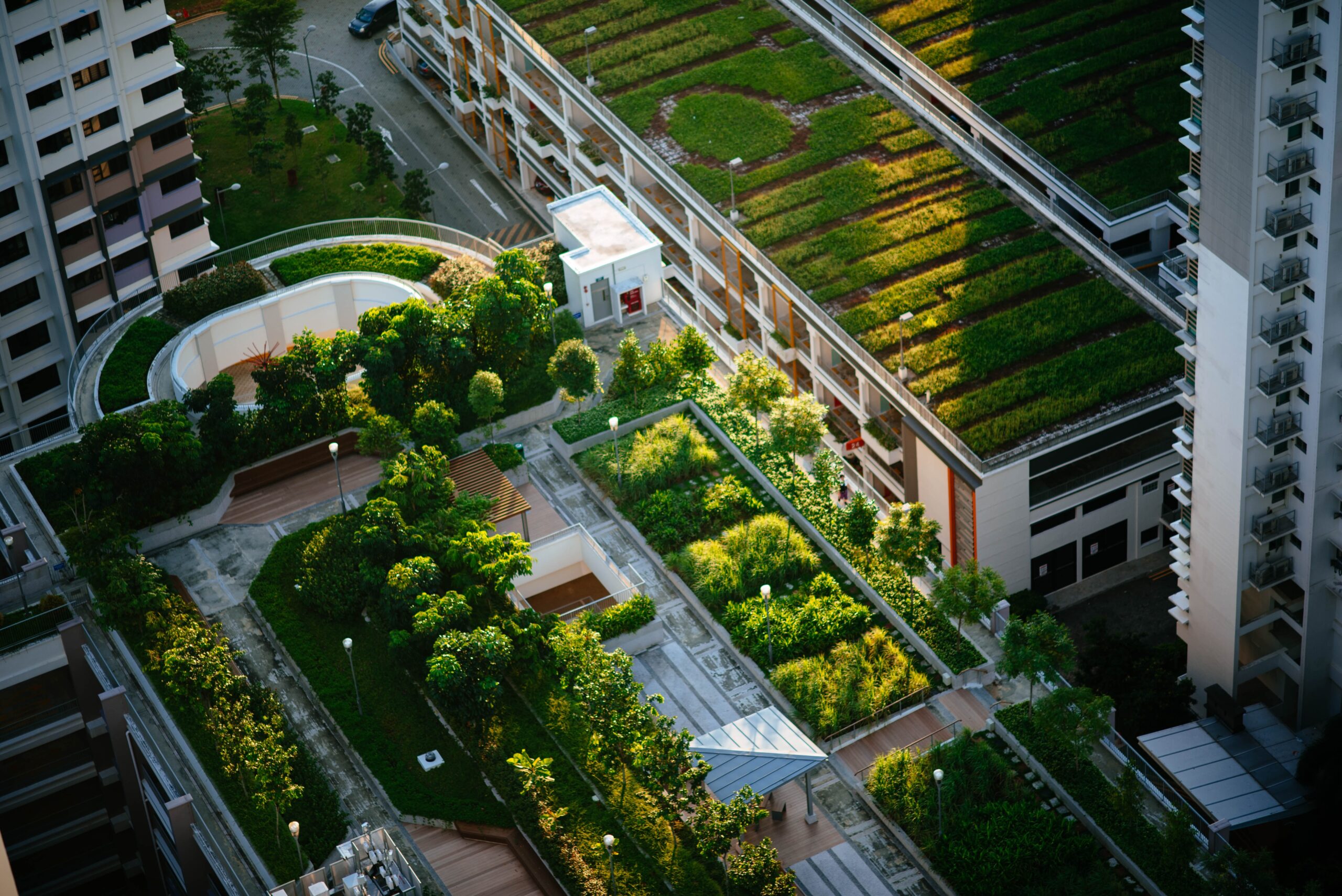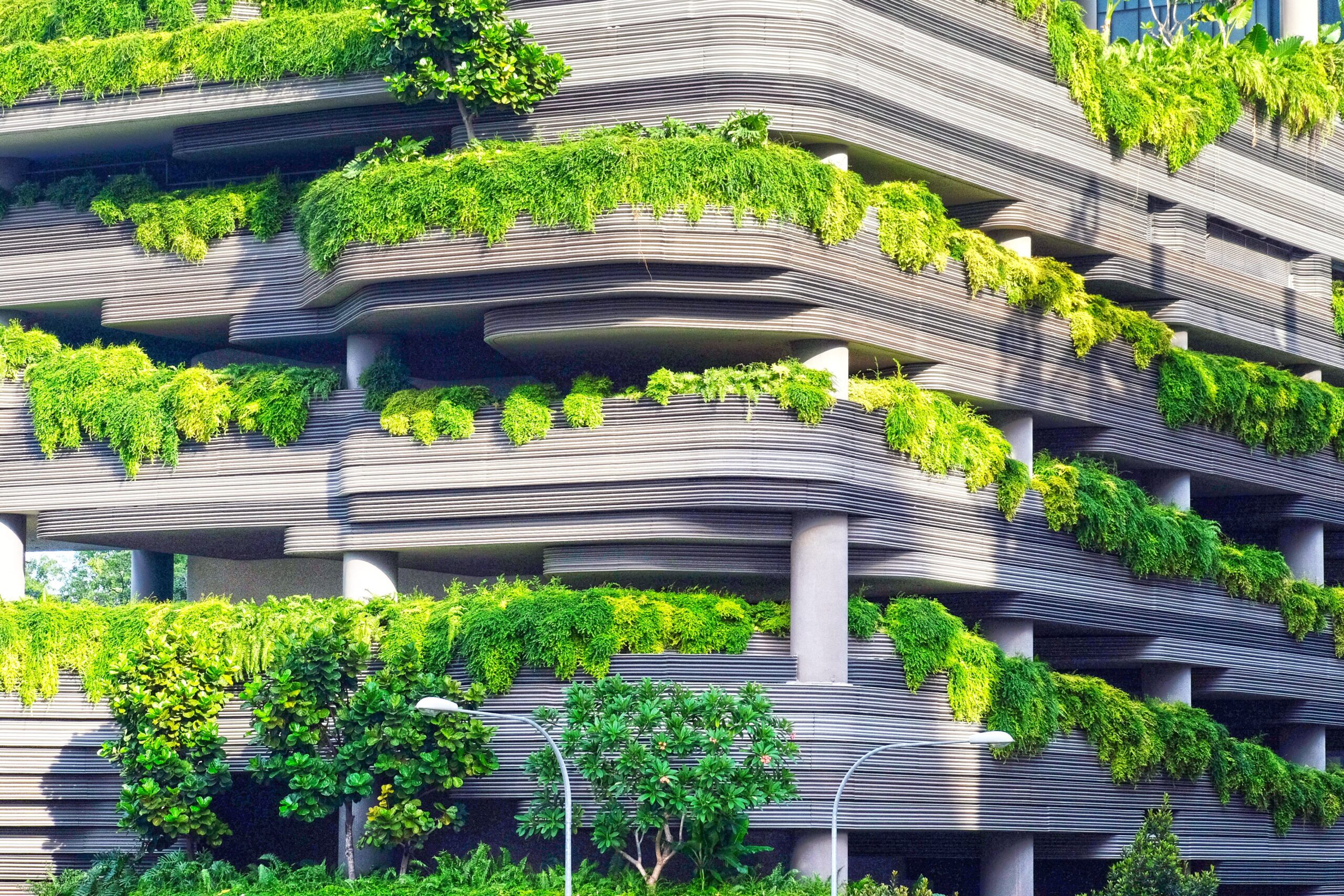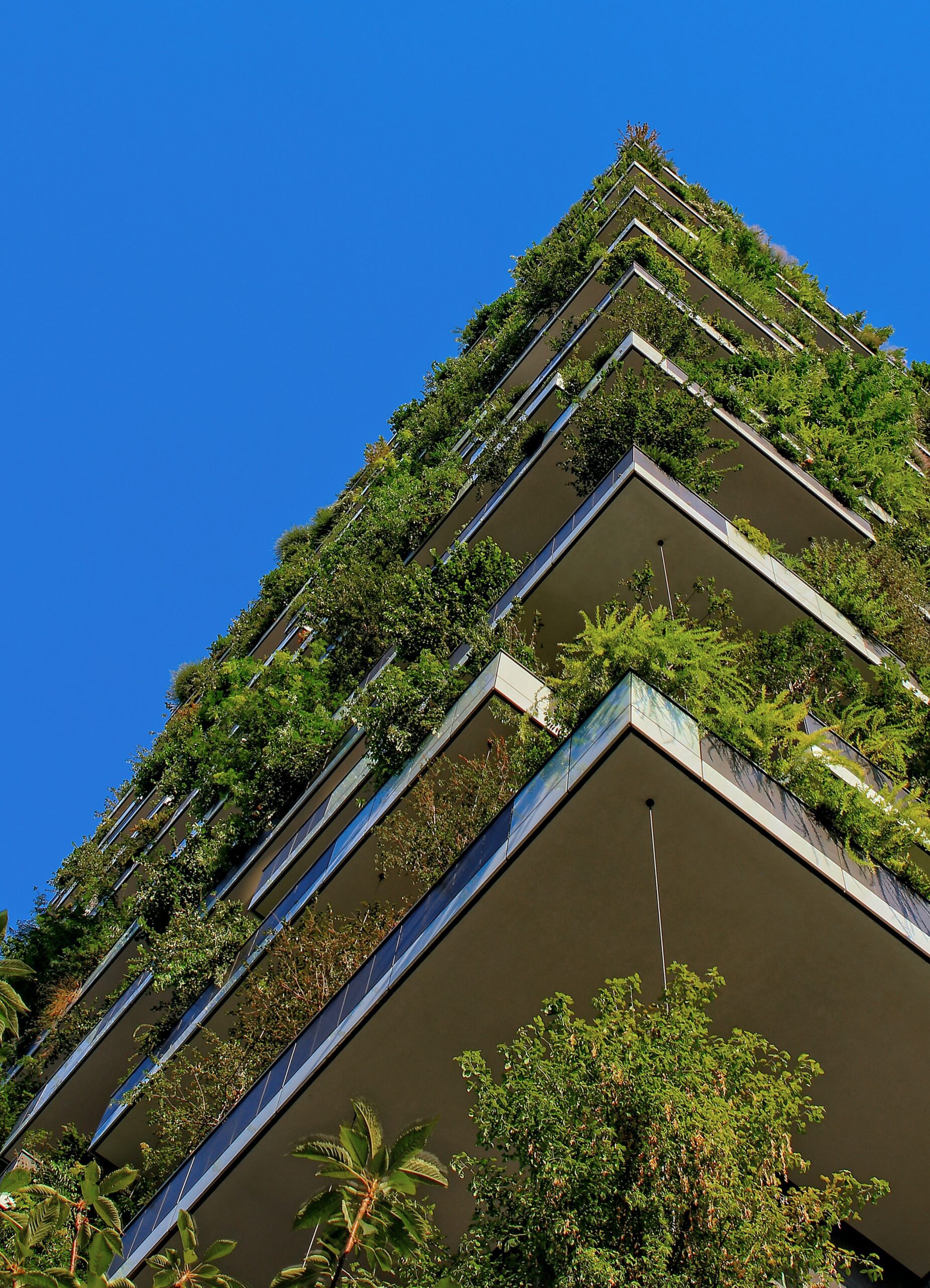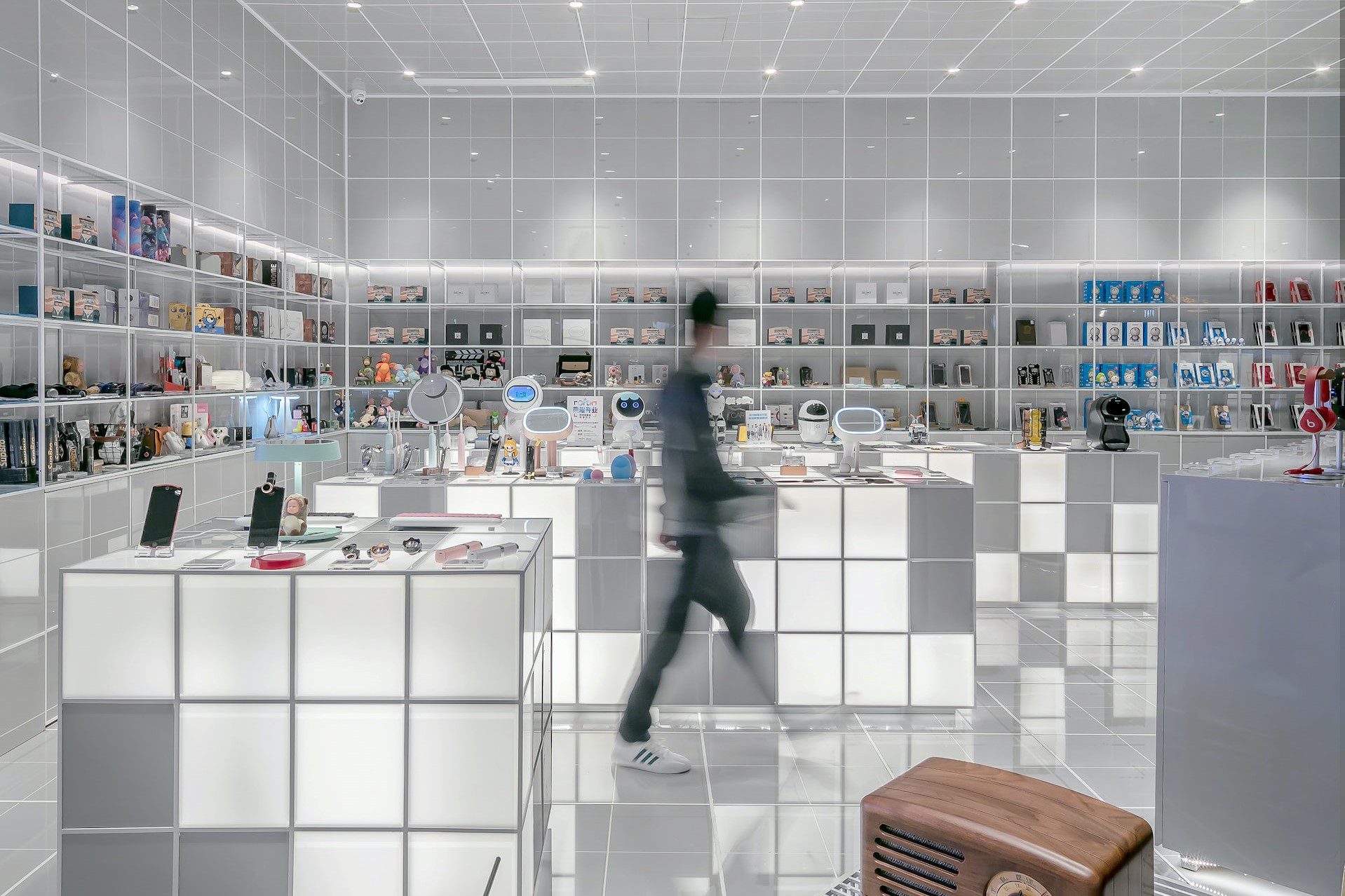Sustainability in 2021: what are the key trends driving the increased focus on sustainability in business?
Inspiring changes ranging from lab grown fashion to cheap renewable energy
2021 is showing a lot of sustainable developments across multiple fields of industry. In this blog post, we will highlight 7 of the most promising key trends in sustainability for 2021. The trends range from lab grown fashion and green cities to increased outdoor participation and cheap renewable energy. Explore all the trends below and get inspired, whether it is to participate or work on new sustainable business ideas.
1. Appreciating nature and increased outdoor participation
Maybe you’ve felt it too and you’re not the only one: over the last year we all have gained more respect for nature. Due to the Covid-19 pandemic, we were stuck at home with little to no options for recreation. The first and best option, in most cases, is to enjoyg nature close to you. Outdoor participation was up around the globe, and this trend of exploring nature and exercising outside continues today.
A Wunderman Thompson Study reveals that 82% of people say they value nature more than before. This newfound appreciation for the outdoors makes us care more about the planet and its future. In the same study, it was found that 85% of the participants are prepared to rethink the way they live and spend to tackle climate change. This increase in effort is reflected in the other top sustainability trends and the speed at which they develop.
Another key movement related to this, is the move away from the cities to the countryside, driven by this new love of the outdoors, a reluctance to live in high density populated areas, and enabled digital work and tooling. And for those choosing to remain in urban centers, the cities themselves are changing and becoming greener.
““We don’t have to engage in grand, heroic actions to participate in change. Small acts, when multiplied by millions of people, can transform the world.” – Howard Zinn, historian
2. Green, sustainable cities
As discussed in the last topic, we have all been valuing nature more than before as we started to explore outside more and more. But not everyone has access to green spaces, especially those who live in urban areas. Contact with the outdoors has been proven to benefit the mental well-being of a person. To foster this, more cities are investing in green landscaping, expanding parks and rooftop gardens, as well as encouraging urban farming. Besides, and just as important, it also supports biodiversity and the fight against climate change.
One way urban areas are greening up is by transforming unused land into public parks. In Nottingham, a local wildlife trust has proposed a green area on the grounds of the demolished Broadmarsh shopping center. In New York, the famous High Line is being extended, and an even higher High Line is reportedly in the works.
On a somewhat smaller scale, urban farms are opening in cities around the world. These farms are providing local food and adding more green on rooftops. Altogether, these initiatives are tackling air pollution, reduce urban heat, absorb carbon emissions, and improve local food facilities.
3. Climate friendly diets
Our diets have a massive impact on global carbon emissions. From the kind of food we eat to the way it is produced and distributed: what we eat influences our carbon footprint. Around the world, more and more people are starting to realize this effect and making conscious choices towards what they consume,
According to YouGov, 20% of millennials are changing their eating habits to be more climate-friendly and sustainable. As a result of these changes, the food industry is coming up with ways to identify and better understand the impact that your food has on the climate.
One of these initiatives comes from Chipotle in the form of their Sustainability Impact Tracker. This lets customers see the so-called ‘real foodprint’ of their order. It shows metrics like carbon emissions, water savings, and avoided antibiotics, among other stats. Other places like Just Salad and Panera Bread are now showing clients the carbon footprint of their bought item. These labels and given information are ways for consumers to make changes in their diet and efforts in sustainability.
“Understanding the impact of what we eat on the environment is one way we can all take a small step towards combating climate change” – Niren Chaudhary, CEO of Panera Bread
4. Mycelium Leather
The fashion industry is one of the most polluting in the world. Steps need to be taken to make it more sustainable. In particular, leather, which comes from animals, is due for a replacement. Already existing faux leather fabrics are made of plastic and are still not a good substitute. That’s where the plant-based variant mycelium leather comes in. This alternative is made from a mushroom root substance and grown in a lab. After that, the leather is treated to look like animal skin or another desired look. Finally, the mycelium leather is ready to be used for all types of products. Although this variant is fairly new, a few major fashion brands are already starting to use it. Footwear giant Adidas unveiled its iconic Stan Smith trainer in mycelium leather. While it’s not ready for release yet, they may be in the near future. Eco-friendly brand Stella McCartney created a two-piece outfit made from the leather. The set is made to order to be even more sustainable and prevent waste. Finally, and most notably, luxury house Hermès is releasing its Victoria bag made from the plant-based leather at the end of 2021. With support from big fashion houses, mycelium leather is only getting more popular and is on its way to replace animal leather in fashion.
5. Decarbonized Aviation
The aviation industry is responsible for about 3% of the global carbon emission, according to an analysis published in Atmospheric Environment journal in January 2021. Although the industry has been hit hard by the Covid-19 pandemic, it is expected to be back to its pre-pandemic level of operation by 2024. Aviation is here to stay, but for it to be sustainable it has to change. One of these options is to use hydrogen, which almost has no carbon footprint. This technology still needs a lot of development. The first steps have already been set, however. In September 2020, the world’s first commercial aircraft powered by hydrogen fuel cells performed an 8 minutes flight. AviaZero, the company behind the flight, believes that they will be passenger ready by 2023. A faster to accomplish sustainable option is using Sustainable Aviation Fuels (SAF) in already operational planes. These fuel types are produced from sustainable resources such as waste oils from a biological origin, agricultural residues, or non-fossil CO2. In 2021 Royal Dutch Airlines operated the first commercial flight with SAF mixed in with normal kerosine. Since then, SAF has been used in small quantities, marking the start of the switch towards a more sustainable aviation industry.
6. Tech sustainability
Whether we like it or not, there is no escaping technology anymore. It’s in every aspect and product in our life. The companies producing the tech are getting bigger and bigger, and with that are playing a substantial part in sustainability efforts that need to be made. Tasks like sourcing materials, production, and running data centers are all extremely taxing. The tech industry is not slowing down but growing exponentially. Companies are now realizing their responsibility and are doubling down on sustainability efforts. Although already the most sustainably tech company in 2020, Apple is strengthening its efforts to become carbon neutral across the board before 2030. They plan to do this by running on renewable energy, using recycled and recyclable materials, and investing in nature reclaiming. Another tech giant stating their efforts is Microsoft. Like Apple, they promise to be carbon neutral by 2030. Additionally, they want to eliminate all their emissions since founding by 2050. Finally, they started a 1 billion dollar climate innovation fund, focusing on ‘accelerating promising technology’. Other corporations in the industry need to follow in their footsteps to reach sustainability goals.
“Sustainability is no longer about doing less harm. It’s about doing more good.” – Jochen Zeitz CEO of Harley-Davidson
7. Cheap renewable energy
Over the years, renewable energy has become considerably cheaper. In contrast, fossil fuels have only been getting more expensive. As a result of the EU climate deal, carbon prices in Europe have risen to an all-time high, according to Refinitiv. This leaves space for renewable energy to replace it. 2020 saw a promising rise in renewable energy adoption, even though Covid-19 affected other markets heavily. Advances in renewable energy technology have caused prices to drop and will continue to do so. Recently, solar energy became the cheapest electricity in history below coal. Wind energy is not far behind. As a final piece to the puzzle, batteries have also gone down in price. With prices declining, installations rise, which in return reduces costs even more. 2021 is on track to see growth in renewable energy installations once again.
Let’s hope these key sustainability trends for 2021 are just the start
All these 7 key trends in sustainability for 2021 are inspiring change. They show that when creative thinking meets willpower, anything can be achieved. From knowing the impact of our food to transforming the function of our roofs. Our hope is that looking back at 2021 years from now, it was just the start.
Sources
Appreciating nature
Wunderman Thompson, The Future 100: trends and change to watch in 2021 report
Green Cities
Wunderman Thompson, The Future 100: trends and change to watch in 2021 report
Wunderman Thompson, Regeneration Rising: Sustainability Futures 2021 report
https://www.dezeen.com/2021/01/11/new-york-high-line-extension-penn-station/
Climate friendly diets
Wunderman Thompson, The Future 100: trends and change to watch in 2021 report
https://ir.chipotle.com/2020-10-26-Chipotle-Launches-Real-Foodprint-Introduces-Sustainability-Impact-Trackers-For-Digital-Orders
Mycelium Leather
https://utenvironment.org/2020/11/05/mycelium-the-future-of-leather/
https://www.mylo-unleather.com
https://www.mycoworks.com
https://www.dezeen.com/2021/03/18/hermes-mycelium-leather-victoria-bag-mycoworks
https://www.dezeen.com/2021/04/19/stan-smith-mylo-trainers-adidas-mycelium-leather/
https://www.dezeen.com/2021/03/24/mylo-stella-mccartney-mycelium-leather-fashion
Decarbonized Aviation
Wunderman Thompson, The Future 100: trends and change to watch in 2021 report
https://stichtingrhia.nl/wereldprimeur-eerste-vlucht-met-synthetische-kerosine/
Tech sustainability
Wunderman Thompson, Regeneration Rising: Sustainability Futures 2021 report
https://blogs.microsoft.com/blog/2021/01/28/one-year-later-the-path-to-carbon-negative-a-progress-report-on-our-climate-moonshot/
https://www.apple.com/nl/environment/
https://www.forbes.com/sites/blakemorgan/2020/11/09/10-most-sustainable-consumer-tech-companies/
Cheap renewable energy
https://carlossanchez.eco/blog/2021-sustainable-business-trends/#:~:text=standard%20scientific%20approaches.-,Conclusions,not%20in%202050%20but%202021
https://www.bloomberg.com/news/articles/2021-01-06/the-10-ways-renewable-energy-s-boom-year-will-shape-2021
We love helping ambitious organizations reach new levels of sustainable growth through vision and purpose, strategy and execution, digital tools and go-to-market optimization.












